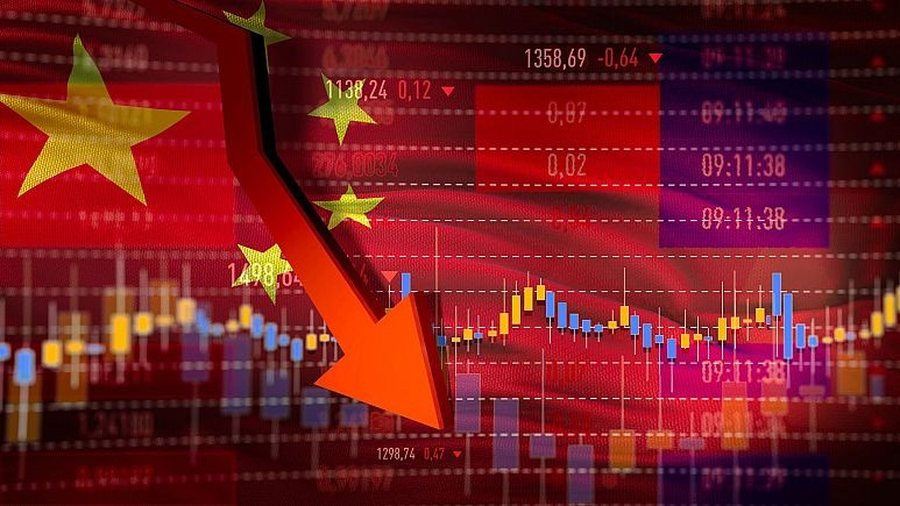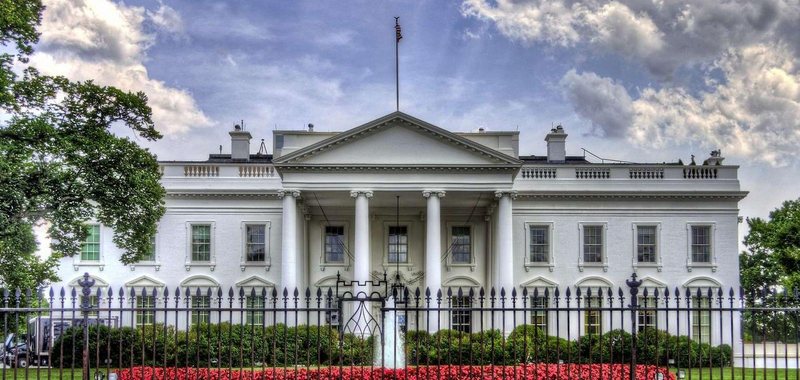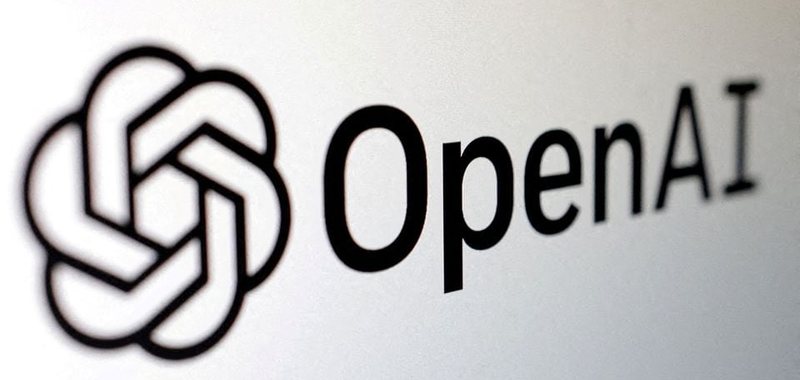China, on the verge of a currency "revolution" - How does the growth of the Chinese currency affect the international market?

The debate over the dollar's continued dominance in the global monetary system is a recurring one, with its "eternal" rival, the euro, seen as the main threat to its supremacy. However, China seems to be gradually gaining ground, with the yuan becoming a key player in international transactions, although it has yet to challenge the hegemony of the US currency. However, the latest data shows that the Chinese yuan is now just one step away from surpassing the British pound as the fourth most powerful currency in the world.
According to a three-year survey by the Bank for International Settlements (BIS), the yuan currently represents 8.5% of global trade, compared to just 7% in 2021. This growth clearly reflects the depth of Beijing's efforts to strengthen the international use of its currency, mainly through trade-financial expansion mechanisms and swap lines with a number of countries. In contrast, the British pound has seen a significant decline: from around 13% in 2019, it has now fallen to 10.2%, gradually losing the weight it has traditionally had in global markets.
This development does not mean that the yuan will soon threaten currencies like the dollar or the euro, which account for most transactions and remain essential to the functioning of the international financial system. However, it is a clear indication that China's strategy is working. By strengthening trade relations, increasing its presence in global organizations, and developing infrastructure such as the CIPS payment system, Beijing aims to gradually internationalize its currency in the long term.
Analysts estimate that the possible reversal of the yuan against the pound will also have great symbolic weight, as it will highlight the change in the balance between two diametrically opposed economic models: on the one hand, post-Brexit Britain, which is trying to redefine its role on an unstable international stage, and on the other, the Asian economic superpower that is resolutely consolidating its presence.
But the question that arises is whether global actors will choose to place more trust in a currency that, despite its growing use, continues to be strictly controlled by Beijing.

The White House "punishes" Democratic states - Freezes $26 billion in funds, threatens cuts to the administration
US President Donald Trump's administration has frozen $26 billion in federal funding for states run by Democratic governors, a move that comes after......

First snowfall/Balluku: Teams on the ground, traffic continues normally
Deputy Prime Minister and Minister of Infrastructure and Energy, Belinda Balluku, announced today that the first snowfalls have arrived earlier this year,......

'Bad weather' also in the foreign exchange market – Foreign currencies are weakening!
The US dollar started the day negatively, declining from the day before, being bought today at 81.7 lek and being sold at 82.9 lek according to the local......

Sailings from/to Durrës are canceled – APD: Reason: bad weather!
The Durrës Port Authority informs that, due to weather conditions in the Adriatic Sea, the sailings scheduled for today on the Durrës-Bari and Bari-Durrës......

OpenAI reaches $500 billion valuation - $6.6 billion worth of shares sold to global investors
OpenAI, the company behind ChatGPT, has reached a valuation of $500 billion, following a deal in which current and former employees sold about $6.6 billion......

US postpones sanctions against Serbia - Gives oil company NIS time to operate until October 8
The U.S. Treasury Department has granted a special license that delays the full implementation of sanctions on the Russian-owned oil company NIS, which......

Greece, around 19,500 new jobs in the administration - In focus, health, defense, education and infrastructure
Greece's government cabinet has approved the creation of 19,489 new jobs in the public sector for 2026. According to the Interior Ministry, the focus will be......

Elon Musk hits $500 billion mark - becomes first person in history to reach this level of wealth
Tesla CEO Elon Musk has become the first person ever to reach a net worth of nearly $500 billion, thanks to the electric car company's soaring stock price......


















